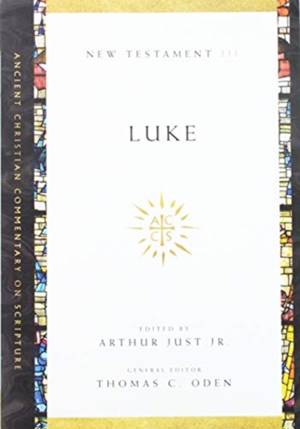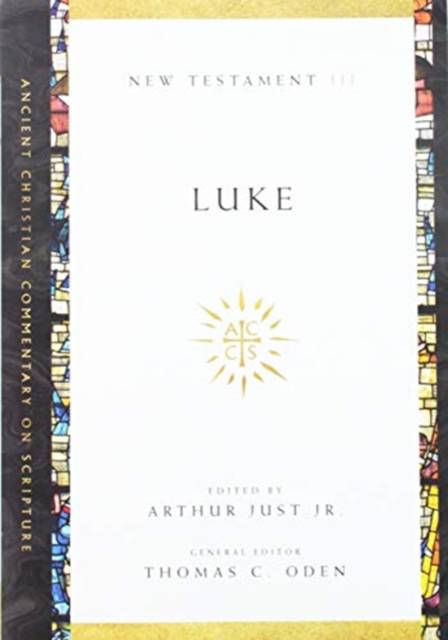
- Retrait gratuit dans votre magasin Club
- 7.000.000 titres dans notre catalogue
- Payer en toute sécurité
- Toujours un magasin près de chez vous
- Retrait gratuit dans votre magasin Club
- 7.000.000 titres dans notre catalogue
- Payer en toute sécurité
- Toujours un magasin près de chez vous
Description
For the church fathers the Gospels did not serve as resources for individual analysis and academic study. They were read and heard and interpreted within the worshiping community. They served as sources for pastoral counsel and admonition for those who were committed to the Way. Although Matthew and John were generally the preferred Gospels, Luke, because of his particular interests and unique contributions, took pride of place during the Christmas season as well as during Easter and other major feasts.During the early patristic period, the tradition of continuous reading (lectio continua) through the Gospels developed, such that over a course of time a complete Gospel was read in sections, and sermons were preached on the readings either at weekly or midweek worship and Communion liturgies or during morning and evening prayer services. Among such sermons that have survived, this commentary includes selections from Origen and Cyril of Alexandria. Aside from sermons, we find that the fathers addressed exegetical issues in theological treatises, pastoral letters, and catechetical lectures. Among these, as in other Ancient Christian Commentary on Scripture volumes, readers will find materials ranging from East to West and from the first to the eighth centuries. Among well-known fathers cited are Ambrose, Athanasius, Augustine, the Cappadocians, John Chrysostom, John of Damascus, and Bede the Venerable. Among lesser-known fathers are John Cassian, Philoxenus of Mabbug, and Theophylact.This volume opens up a treasure house of ancient wisdom that allows these faithful witnesses, some appearing here in English translation for the first time, to speak with eloquence and intellectual acumen to the church today.
Spécifications
Parties prenantes
- Auteur(s) :
- Editeur:
Contenu
- Nombre de pages :
- 440
- Langue:
- Anglais
- Collection :
- Tome:
- n° 3
Caractéristiques
- EAN:
- 9780830843541
- Date de parution :
- 04-06-19
- Format:
- Livre broché
- Format numérique:
- Trade paperback (VS)
- Dimensions :
- 178 mm x 251 mm
- Poids :
- 539 g







